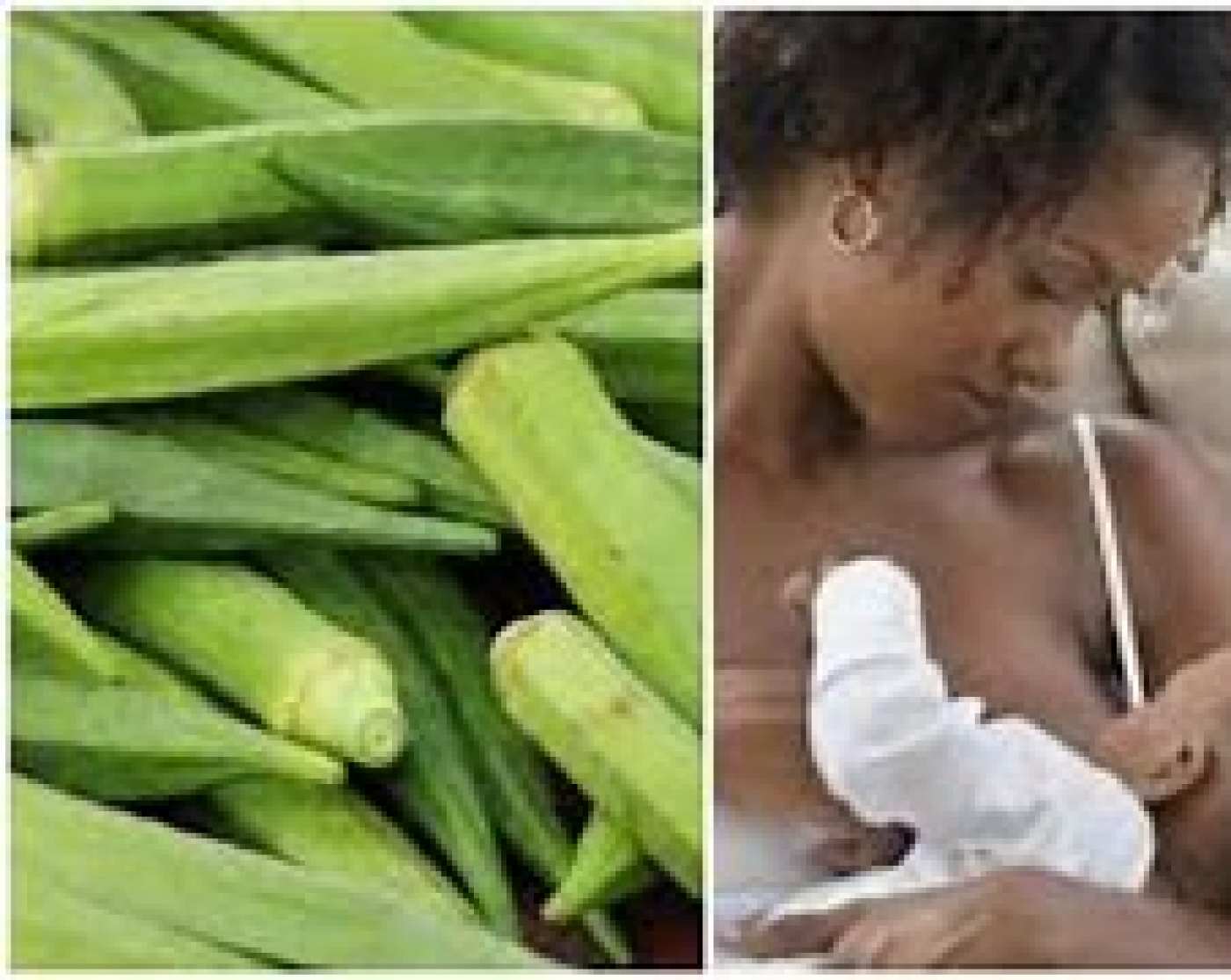According to the experts, the nutritional value and composition of breast milk are regulated by the nutritional status of the mother.
One of the experts, and a Senior Lecturer in the Department of Paediatrics, College of Medicine, University of Lagos, Dr. Beatrice Ezenwa, told PUNCH HealthWise in an exclusive interview that breastfeeding mothers need to eat a nutritious and well-balanced diet.
Dr. Ezenwa who is also a Consultant Neonatologist/ Paediatrician with the Lagos University Teaching Hospital, Idi-Araba said nursing mothers should eat in moderation and avoid what they noticed consistently do not agree with their babies or themselves.
The neonatologist said, “In general, a breastfeeding mother can eat any food. No food is off-limit because a woman is breastfeeding.
“The key point is to eat a balanced diet and eat in moderation. Having said that, each baby is different and may react differently to certain foods eaten by the mother which comes out in the breast milk in terms of nutrients and flavor.
“Some babies can be very fussy and cranky when their mothers eat very spicy foods. Other babies become sleepy or have disorganised sleep patterns when their mothers consume too much of certain other foods such as alcohol and caffeine.
“In some cultures in Nigeria, breastfeeding mothers are prohibited from eating certain nutritious foods such as snails, okro, etc because it will make the baby drool saliva.
“Meanwhile others encourage the consumption of more harmful ones such as excessive alcohol intake like palm wine in the name of helping the breast milk to flow. These myths are unfounded and the practices are not good, so should be discouraged,” she added.
On the myths about certain foods that mothers consume during breastfeeding that make their babies have constipation, the paediatrician said it is not common for exclusively breastfeeding infants to be constipated.
Dr. Ezenwa explained, “Breast milk is considered a natural laxative because of the easily digestible nutrients it contains.
“There are many other reasons a baby may be gassy that have nothing to do with the foods the mother has eaten.
“Some people believe falsely that eating hot and spicy foods or acidic foods such as citrus fruit and tomatoes may cause ‘gassiness’ in babies, but these are not proven.
“Unless you can see a direct relationship between specific foods and the same reaction in the baby every time, there is no need to limit your diet.”
The child health expert further stated that it is untrue that consuming egusi soup, fruits, and vegetables during breastfeeding makes babies prone to stooling.
According to her, this is not proven, saying, “I can safely say, it is not true.”
She, however, said, “A breastfed baby may have an allergy or sensitivity reaction after the mother consumes certain foods or drinks (for example cow’s milk allergy, wheat, corn, eggs, nuts, and fish).
“This does not mean that every baby whose mother consumed these foods will have diarrhoea.
“People react differently to things. If a breastfeeding baby consistently has diarrhea each time a mother consumes a certain food he should be taken to a hospital for proper evaluation.”
The neonatologist advised breastfeeding mothers to eat a well-balanced diet.
“Eat in moderation and avoid what you notice consistently do not agree with your baby or yourself.
“You also need to eat all types of food common in your culture or environment to help your child develop the taste bud for that food.
“Some flavors infants are exposed to through breast milk can influence their food preferences as they grow up,” she said.
Also speaking with our correspondent, Assistant Chief Dietician, Ajeromi General Hospital, Ajegunle, Lagos, Olusola Malomo, said, “Cultural beliefs and practices can markedly influence a woman’s pregnancy and childbirth experiences, and may shape a woman’s mothering behaviour.
“Dietary intake before and during pregnancy and throughout the lactation period is often influenced by cultural beliefs and practices,” Malomo said.
Speaking on some foods that are avoided by pregnant women on the ground of cultural beliefs, the dietician said, “In a recent scientific study, approximately 37 per cent of respondents avoided some foods in pregnancy due to food taboos.
“Snail and grasscutter meat were the commonly avoided foods in pregnancy, while eggs were commonly withheld from children under two years old.
“Some respondents believed that eating snail and grasscutter meat makes a child sluggish and labour difficult respectively; while some say that starting egg early for a child could predispose them to steal later in life.”
Charting the way forward, the dietician called for women’s empowerment and education.
source: PunchHealthWise










